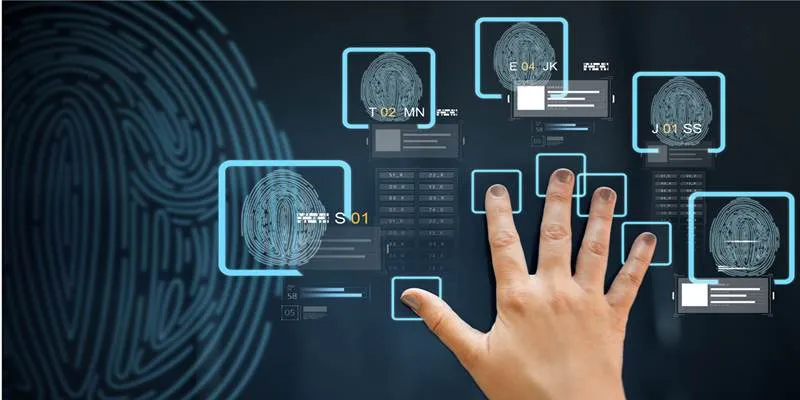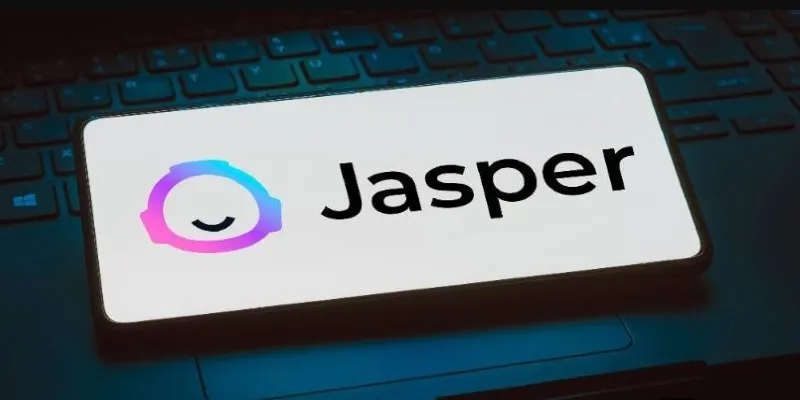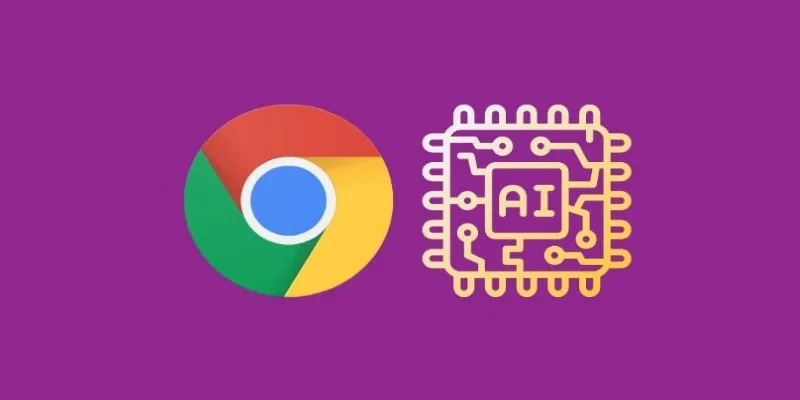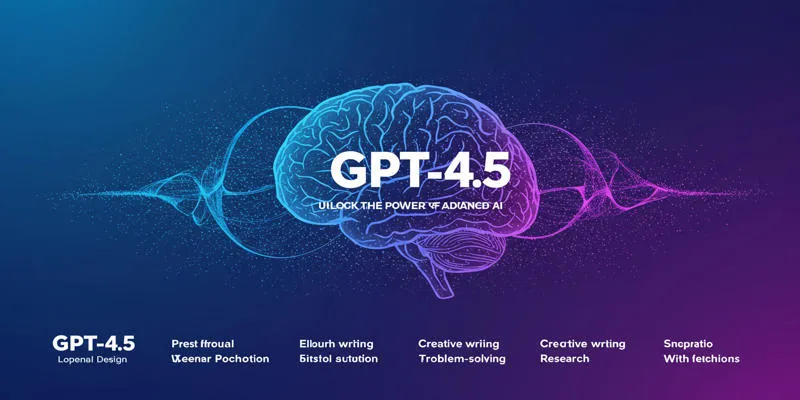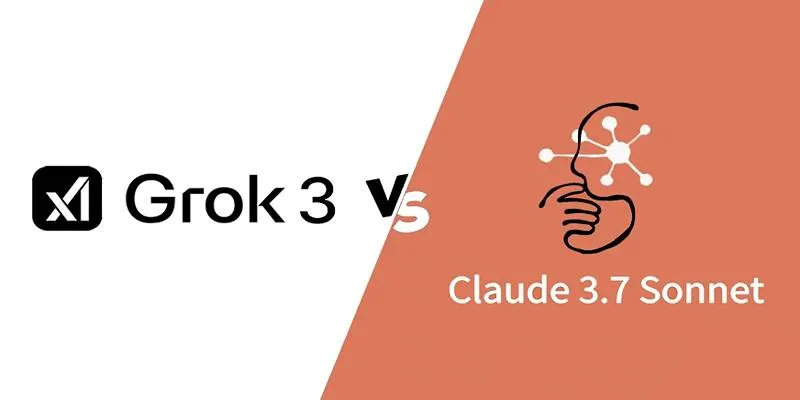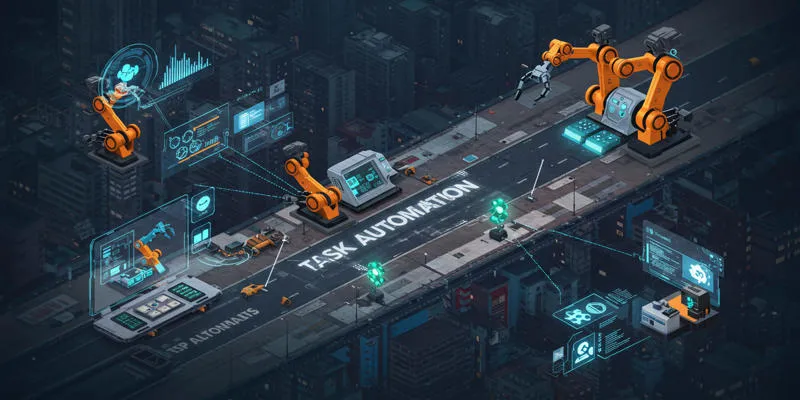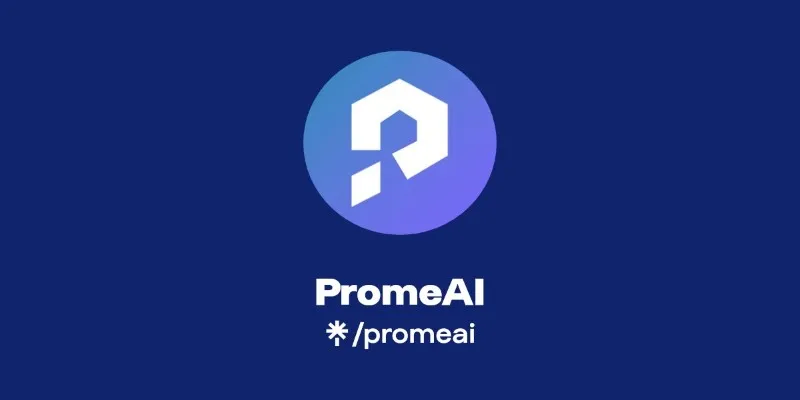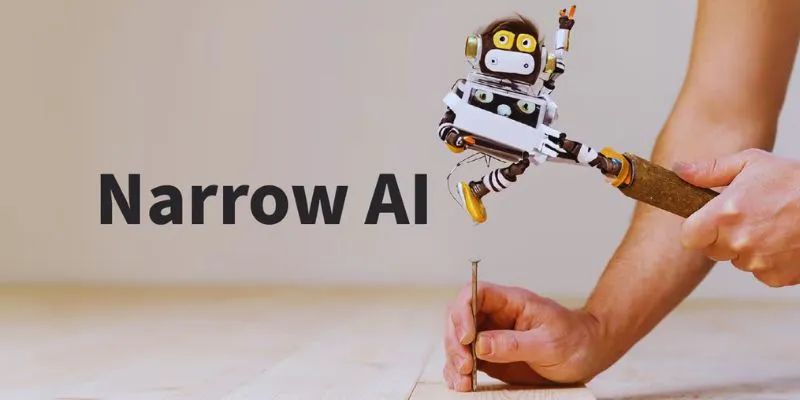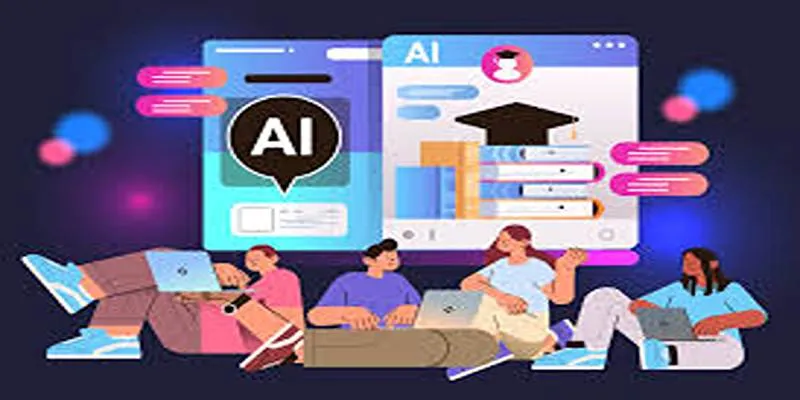When Henry Ford introduced the moving assembly line in 1913, he didn’t just speed up car production—he completely reshaped modern industry. That same kind of shift is now happening in private markets, but this time, Artificial Intelligence (AI) is the engine driving it.
Ford’s advancements allowed for regular, faster, and cheaper car production. Similarly, AI is poised to bring those same benefits—speed, efficiency, and scale—to the private investment sector, a field that has traditionally been manual and complex. For years, public markets have embraced automation and algorithmic trading, but private markets have been slower to catch on. This trend is rapidly changing.
Understanding Private Markets and Why They Matter
Private markets encompass investment opportunities that don’t appear on public stock exchanges. These include private equity, venture capital, real estate funds, and private credit. Traditionally, navigating these markets has required manual deal sourcing, human judgment, and intensive due diligence.
Unlike public stocks, private investments are illiquid, less transparent, and heavily reliant on personal networks. This has kept private markets exclusive and time-consuming to manage—until now.
The Ford Analogy: From Manual to Automated
To understand the impact AI could have, it helps to revisit what Ford accomplished. Before the assembly line, car manufacturing was a slow, manual process. Workers crafted each vehicle from scratch. Ford introduced a system where each worker specialized in a specific task, with parts moving along a conveyor. The result? A car could be built in under two hours instead of twelve.
In private markets, AI offers a similar transformation. It accelerates slow, manual processes, making them more efficient. By handling crucial tasks such as sourcing, screening, due diligence, and reporting, AI enables the management of numerous deals simultaneously without compromising quality.
Key Ways AI Is Transforming Private Markets

AI is not just improving operations—it’s reshaping how private investments are discovered, assessed, and managed.
Smarter Deal Sourcing
AI-powered tools are already scanning massive datasets to identify investment opportunities that might be missed through traditional channels. Instead of relying solely on human networks, AI platforms analyze public records, news, financials, and market behavior to flag high-potential companies.
This leads to:
- Faster identification of attractive deals
- Broader access beyond traditional circles
- Less reliance on manual outreach
Streamlined Due Diligence
In private markets, due diligence is both critical and time-consuming. Legal documents, financial records, and company data often take weeks to assess. AI shortens this timeline significantly by reading, extracting, and summarizing key details across documents.
AI-assisted due diligence offers:
- Faster risk detection
- Reduced legal and compliance bottlenecks
- Greater consistency in evaluation
Just like Ford’s system didn’t depend on individual craftsmanship at every stage, AI minimizes human bias and error.
Predictive Analytics for Investment Outcomes
One of AI’s most powerful features is its ability to forecast outcomes based on historical and real-time data. Private market investors can now model a company’s future performance using predictive tools that consider trends, market signals, and operational data.
It provides:
- Clearer expectations of ROI
- Early warning for underperformance
- Better capital allocation decisions
This is the kind of efficiency Ford would have appreciated—using data to minimize waste and improve results.
Operational Automation: The AI Assembly Line
In addition to sourcing and analysis, AI is enhancing internal operations. Tasks that once required human teams—such as portfolio tracking, reporting, and compliance—are now being handled by smart algorithms.
By integrating AI into workflows, firms benefit from:
- Automated reporting tools that reduce manual data entry
- Compliance checks that run 24/7
- Dynamic dashboards showing live performance data
Just like the assembly line kept production flowing without delays, AI keeps operations smooth and consistent.
AI in Action: Examples from the Industry
Several leading private equity and venture capital firms have already begun integrating AI:
- Blackstone and TPG Capital use AI tools to evaluate and rank acquisition targets more efficiently.
- Andreessen Horowitz leverages AI to analyze startup trends and signals from financial and digital sources.
- Smaller funds are using platforms like Affinity or DealCloud for relationship intelligence and pipeline automation.
These tools don’t replace human expertise—but they enhance it, much like Ford’s line enhanced human labor with structured, repeatable processes.
Democratizing Access: AI’s Inclusive Potential
Ford’s innovation wasn’t just about faster production—it also made cars affordable for the average person. AI could bring a similar democratization to private markets. Traditionally, access to private investments has been limited to large institutions or ultra-wealthy individuals. AI platforms are helping level the field by lowering costs and simplifying entry points.
AI makes private investing more accessible by:
- Reducing overhead costs for small firms
- Offering insights to new investors via user-friendly platforms
- Enabling crowdfunding and micro-investment tools powered by algorithms
AI opens doors for a broader range of investors and entrepreneurs.
Potential Risks and Challenges
While the benefits of AI are compelling, there are real concerns that need to be addressed.
Data Privacy and Security

AI systems rely on large volumes of data, some of which may be sensitive or confidential. Firms must ensure robust cybersecurity practices and comply with regulations.
Over-reliance on Algorithms
AI models are only as good as the data they’re trained on. Relying too heavily on machines can result in overlooking qualitative factors like leadership, culture, or innovation potential. Striking the right balance is essential—AI should support decision-making, not replace human insight altogether.
Conclusion
AI is doing for private markets what Ford once did for the automotive world—it’s making something complex and costly into something streamlined, scalable, and accessible. With tools that automate, analyze, and accelerate, AI enables investors and firms to work smarter and faster than ever before. Just as Ford’s assembly line marked a turning point in industrial history, the integration of AI into private markets marks the start of a new financial era—one where precision, speed, and scale are no longer optional but expected.
 zfn9
zfn9
